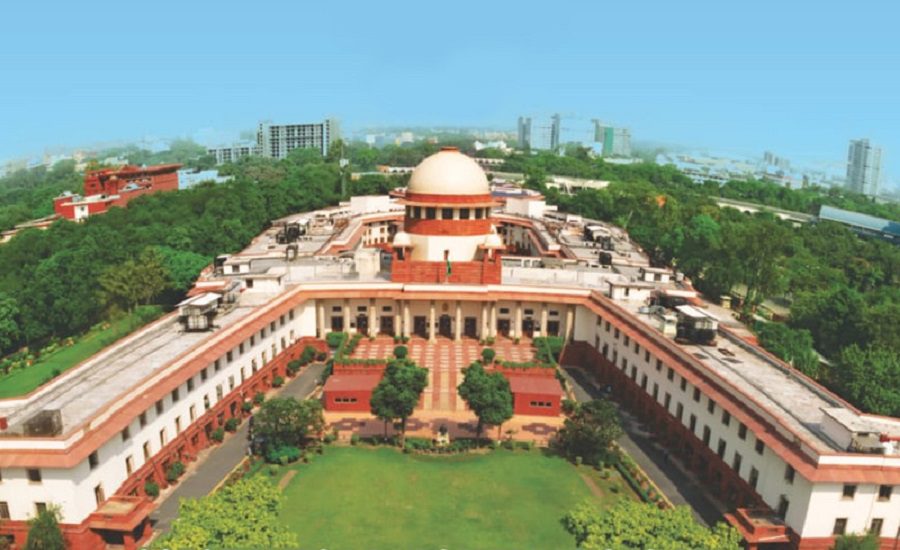New Delhi: The Supreme Court has ordered the registration of an FIR against former Delhi Police Commissioner Neeraj Kumar in a case dating back over 20 years. The case involves allegations of criminal intimidation, document fabrication, and misuse of investigative powers during his tenure as a CBI officer.
Bench Emphasizes Accountability of Investigators
A bench of Justices Pankaj Mithal and P.B. Varale noted, “It is high time that sometimes those who investigate must also be investigated to keep alive the faith of the public at large in the system.” The Court upheld the Delhi High Court’s earlier order directing that the matter be investigated without delay.
Investigation to Be Conducted by Delhi Police Special Cell
The Supreme Court directed the Delhi Police Special Cell to conduct the investigation under an officer of at least Assistant Commissioner of Police rank. The bench highlighted that the alleged offense occurred in 2000 but had not been properly investigated, stressing that leaving such offenses unresolved would create a “dichotomy of justice.”
Complaints Filed by Sheesh Ram Saini and Vijay Kumar Aggarwal
The case originated from complaints filed by Sheesh Ram Saini in 2001 and Vijay Kumar Aggarwal in 2004. Saini alleged document fabrication by Kumar and then-CBI officer Vinod Kumar Pandey. Aggarwal claimed he faced criminal intimidation from Pandey on Kumar’s instructions during a CBI probe into a disproportionate assets case involving his brother, former ED official Ashok Aggarwal.
FIR Does Not Prejudice Officers
The Supreme Court clarified that registering an FIR would not prejudice Kumar or Pandey. Both officers could participate in the investigation to demonstrate their innocence. The investigating officer may submit either a closure report or a chargesheet based on collected evidence.
Swift and Lawful Investigation Mandated
The apex court stressed that the inquiry should proceed without influence from prior high court observations and be completed swiftly, ideally within three months. The complainants were instructed to cooperate fully, and no coercive action, including arrest, would be taken unless custodial interrogation became necessary.
The ruling underscores that justice must be both done and seen to be done. Investigators are not above scrutiny, and procedural delays or hesitations cannot justify leaving offenses unaddressed.
Also Read: SC Orders UPSC, Tamil Nadu to Finalize Regular DGP Appointment in Compliance with Guidelines




























